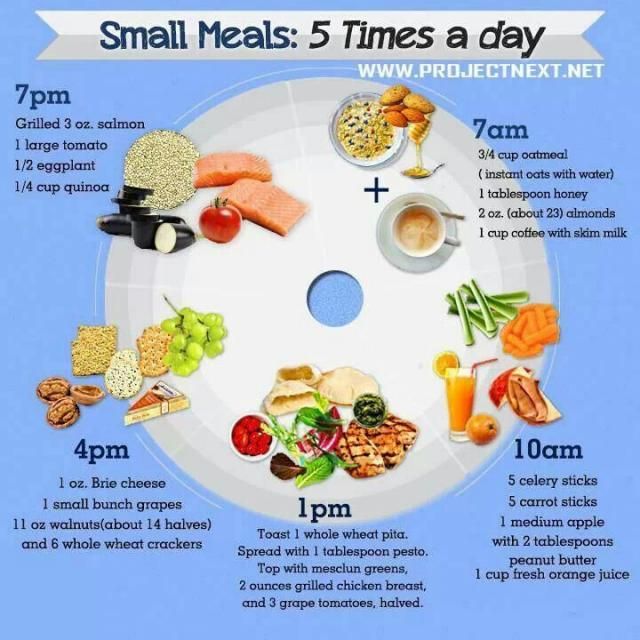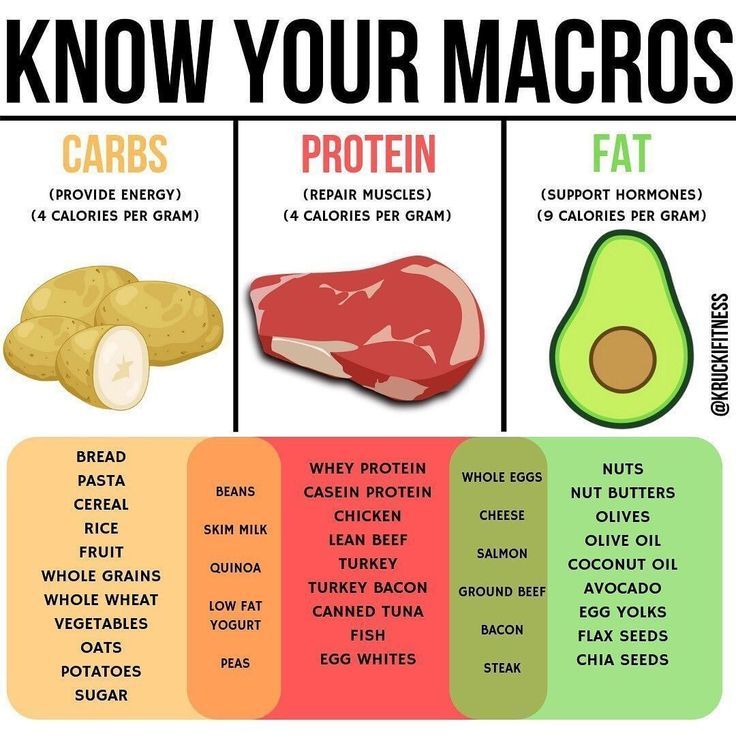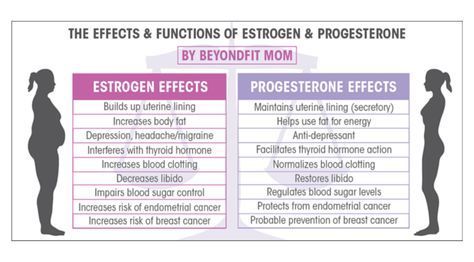When it comes to achieving weight loss goals, proper nutrition plays a crucial role. Meal planning is a powerful strategy that can greatly support weight loss efforts. By carefully designing and organizing your meals in advance, you can ensure you have a well-balanced, nutritious diet while avoiding impulsive food choices that can hinder your progress. This article explores the importance of meal planning for weight loss and provides valuable tips to help you get started.
1. Structure and Consistency
One key benefit of meal planning is the structure and consistency it provides. Having a plan in place gives you a clear roadmap for your meals throughout the week. With meal planning, you can carefully choose healthier options, control portion sizes, and balance your macronutrients (carbohydrates, protein, and fats) to meet your weight loss goals. This structured approach helps create a routine that can be easier to follow, reducing the temptation to opt for unhealthy food choices during busy or stressful times.
2. Portion Control and Calorie Management
Meal planning enables you to control portion sizes and manage your calorie intake effectively. With predetermined meals, you can avoid mindless snacking and overeating, which are common culprits of weight gain. By adhering to portion sizes and counting calories, meal planning allows you to maintain a calorie deficit, facilitating weight loss. It also helps you make better food choices, as you can carefully select nutrient-dense options while staying within your calorie limits.
3. Nutrient-Dense Meals
Meal planning encourages the inclusion of nutrient-dense foods in your diet. When you plan your meals in advance, you have the opportunity to ensure each meal contains a variety of fruits, vegetables, lean proteins, whole grains, and healthy fats. These nutrient-packed foods provide the essential vitamins, minerals, and antioxidants your body needs to function optimally. By concentrating on nutrient density, you can boost your metabolism, improve overall health, and support your weight loss journey.
4. Saves Time and Money
Contrary to popular belief, meal planning can actually save you both time and money. Planning your meals in advance allows you to streamline your grocery shopping, ensuring you only purchase the items you need. By creating a shopping list based on your meal plan, you reduce the risk of impulse buying and wasting food. Additionally, meal planning saves time by minimizing last-minute decisions on what to cook and eat. By dedicating a specific time to meal preparation, you can cook in bulk, freeze portions, and have ready-to-eat meals on hand for busy days.
5. Reduces Stress and Improves Success
Meal planning alleviates the stress and uncertainty often associated with weight loss journeys. Having a clear plan removes the need to constantly think about what to eat next, reducing decision fatigue. This can minimize the chances of going off track or opting for convenient, unhealthy options when hunger strikes. Moreover, sticking to a meal plan boosts your chances of success as it keeps you well-prepared and in control, fostering a healthier relationship with food and supporting sustainable weight loss.
Conclusion
In conclusion, meal planning offers a host of benefits for individuals striving to achieve weight loss goals. It provides structure, consistency, and helps with portion control and calorie management. By ensuring nutrient-dense meals, it promotes overall health while supporting weight loss efforts. Moreover, meal planning saves time, money, and reduces stress, ultimately improving the likelihood of long-term success. So, take the initiative, plan your meals, and set yourself up for a healthier, more nourished life.








